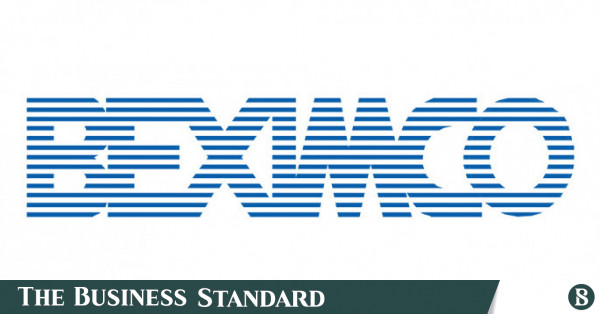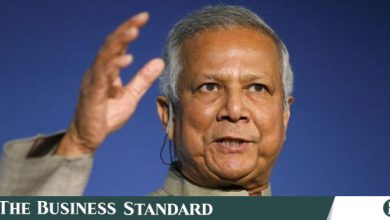4 companies of Salman F Rahman’s Beximco still owe $25m in reserve loans


Four companies of Salman F Rahman’s Beximco Group have yet to repay $25.43 million borrowed from the Bangladesh Bank’s Export Development Fund (EDF) several years ago, according to the Bangladesh Bank.
According to central bank data, of the companies, Springful Apparels owes $12.26 million to the EDF, Pink Maker Garments owes $8.53 million, Autumn Loop Apparels owes $4.36 million, and Platinum Garments owes $0.28 million.
Due to the non-recovery of these foreign currency loans from Beximco Group, the EDF loan facility for Janata Bank has been suspended since 7 November 2022.
Salman F Rahman is the vice-chairman of Beximco Group. He served as an adviser on private industry and investment to former prime minister Sheikh Hasina.
His elder brother, Ahmed Sohail Fasihur Rahman, is the chairman of Beximco Group.
Salman was arrested on Tuesday night in the Sadarghat area of the capital. His whereabouts had been unknown since the ouster of the Hasina government amid the mass uprising on 5 August.
Mustafa K Mujeri, former chief economist of the Bangladesh Bank, told TBS that the EDF loan taken from the reserve is intended to boost exports. However, there is no justification for export proceeds from these loans remaining unpaid for 2-3 years.
“If a satisfactory response is not received from the companies, it should be assumed that the money has been laundered. Both the central bank and Janata Bank should be held accountable for this,” he added.
The Export Development Fund (EDF) was established by the central bank in 1989, utilising foreign exchange reserves to provide low-interest loans to exporters for importing raw materials. Following the Covid-19 pandemic, the EDF’s size was $3.5 billion until April 2020 but was later increased to $7 billion in phases.
However, the central bank began reducing EDF’s outstandings in response to the International Monetary Fund (IMF) mandate for disclosure of reserves excluding the fund. As of 15 July, the EDF’s outstanding balance was $2.4 billion.
TBS attempted to contact the then-Managing Director of Janata Bank, Md Abdus Salam Azad, multiple times to inquire about the bank’s failure to repay the foreign exchange loans, but he did not answer the phone.
No one from Beximco Group could be reached for comment either.
A senior official from the Bangladesh Bank, speaking to TBS on condition of anonymity, said several Beximco Group companies obtained EDF loans through Janata Bank to import raw materials for manufacturing export products.
“Beximco Group failed to bring back the export proceeds in dollars despite importing the raw materials. As a result, Janata Bank was unable to return the loan dollars to the central bank. Apart from these cases, no other EDF loans are currently in default,” he added.
As of 14 August 2024, Bangladesh’s foreign exchange reserves stood at $20.41 billion, a decrease from $23.30 billion at the same time last year, according to the Bangladesh Bank.
Why don’t export dollars return to the country?
Policy-making officials from several banks told TBS that the issue of export dollars not returning is not limited to Beximco Group. There are numerous instances of exports financed with EDF loans where the dollars have not been repatriated. Many prominent businessmen in the country are associated with it.
A deputy managing director of a leading private bank told TBS that the central bank issues EDF loans directly in the name of a specific bank. Consequently, whether or not the export dollars from these loans return to the country, the central bank eventually deducts the loan amount from the issuing bank’s account and adds it to the reserve.
However, in the case of Janata Bank and Beximco Group, this procedure was not followed as an exception, likely due to the political influence of the customer, the official said.
An official of the central bank said, “If any instructions are given from the level of the deputy governor, we do not have to do anything but to follow it.”
Noting the many irregularities in the distribution of EDF loans, the managing director of another private bank said, “We have observed that in many cases, the export proceeds from these loans do not return to the country. Consequently, the concerned bank is forced to extend a loan in taka to the customer. If the funds are not recovered after a prolonged period, this loan is converted into a term loan.”
He added, “Some term loans can be converted into time loans, but recovery can be hampered due to the political influence of the customer. As a result, there are instances where these time loans remain unrecovered even after rescheduling and restructuring.”
According to the central bank, at present, the customer has to pay 4.5% interest for taking loans in dollars under the EDF.




